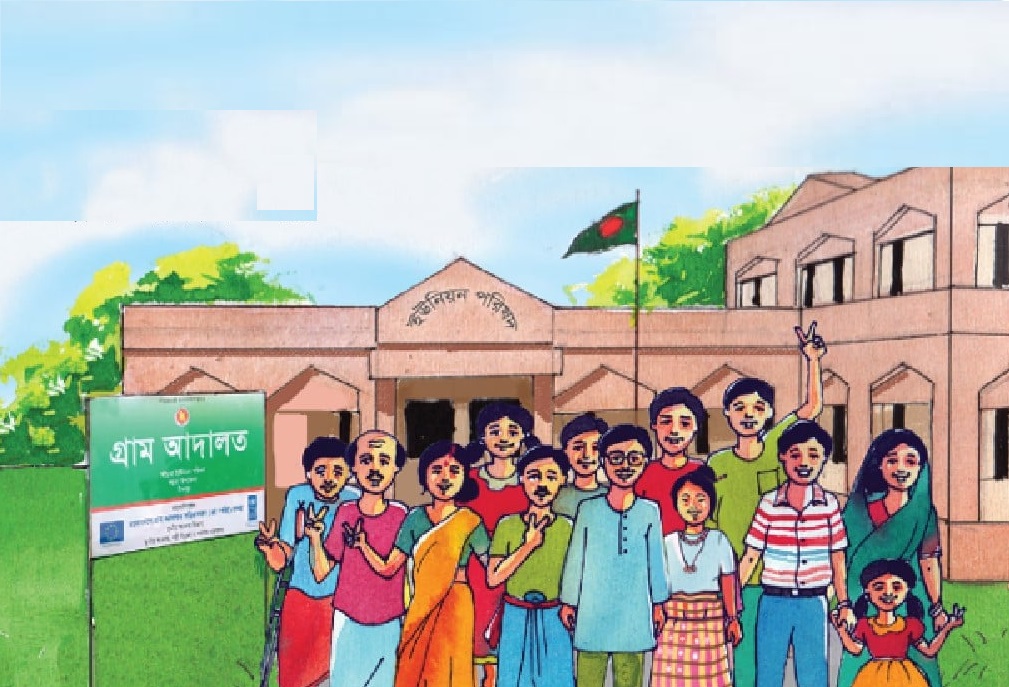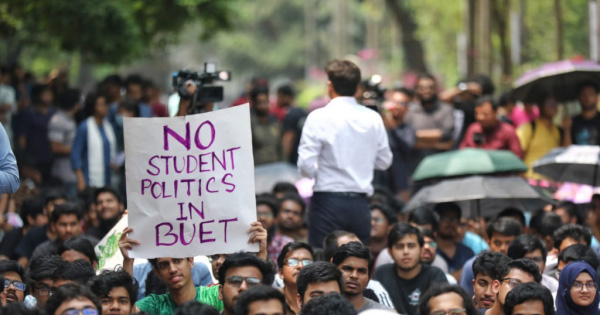The COVID-19 pandemic devastated economies worldwide, and Bangladesh has been no exception. Yet, the scale of the fallout and the widespread suffering among workers and businesses reveal fundamental flaws in the government’s approach to economic recovery. Rizwan Rahman, president of the Dhaka Chamber of Commerce Industries (DCCI), recently highlighted that **over 2.2 million Bangladeshis** lost their jobs during this crisis. The nation’s poverty rate has surged to an alarming **30% from the pre-pandemic 9%**, and small and medium businesses—lifelines for millions—are grappling with near-insurmountable challenges. In this context, the government’s response has been inadequate and, in some cases, counterproductive. Here are the key issues the government urgently needs to address to avoid a prolonged economic downturn.
With over two million jobs lost, there is a desperate need for large-scale employment support programs. However, the government’s interventions to protect jobs and stabilize industries have been piecemeal at best. While many countries launched targeted initiatives to subsidize wages or provide direct financial assistance to prevent layoffs, Bangladesh failed to implement similar robust policies, leaving millions unemployed and without sufficient social safety nets. The rise in poverty from 9% to 30% reflects this neglect, showing the absence of meaningful action to counteract the economic blow dealt to low-income workers. The government’s lack of focus on worker protection and unemployment support has worsened inequalities, forcing more people into poverty.
As highlighted by Rahman, cottage, micro, small, and medium enterprises (CMSMEs) are particularly hard-hit by the economic downturn. These businesses are the backbone of Bangladesh’s economy, providing jobs for millions and contributing significantly to GDP. However, the government’s support has been neither comprehensive nor impactful. While cash flow-based loans and collateral-free credit should be priorities for sustaining these enterprises, these solutions have been largely ignored. Bureaucratic red tape and inadequate access to financing mechanisms have left these businesses to fend for themselves, leading to closures and a surge in unemployment.
In a bid to boost internal revenue, the government has relied heavily on the tax and VAT collection systems, which remain outdated and marred by inefficiency. The DCCI has called for full automation of tax, VAT, and customs assessments to enhance revenue generation. But these changes remain distant aspirations rather than implemented reforms. Full automation would streamline processes, improve transparency, and increase tax compliance, but the government’s continued delay in reforming these systems has only compounded revenue shortfalls. This lack of modernization reflects a failure to prioritize the country’s economic resilience, putting additional strain on businesses and citizens during the pandemic.
In 2026, Bangladesh is expected to graduate from the Least Developed Countries (LDC) status, which will mean the loss of preferential trade benefits. According to the DCCI president, this shift could cost the country between $4 billion and $6 billion in export revenue. Despite this imminent challenge, there is little indication that the government has developed a comprehensive strategy to offset these losses. Instead of addressing the impending LDC graduation proactively, the government appears more focused on temporary fixes. A robust response is required, including diversifying export products, strengthening backward linkage industries, and improving competitiveness in international markets.
The government’s approach to monetary policy has failed to stimulate credit demand from the private sector, especially at a time when business expansion is crucial to economic recovery. While relaxed terms and conditions on repayment and collateral could support private-sector credit demand, the government has been slow to act on these recommendations. A more flexible and inclusive monetary policy could have facilitated business recovery and job creation, but the government has largely missed this opportunity.
Bangladesh’s economic recovery is at a crossroads, but the government’s lack of decisive and strategic action has left the private sector and millions of citizens bearing the brunt of the crisis alone. From a failure to protect jobs and support SMEs to a lack of comprehensive tax reform and inadequate preparation for LDC graduation, the government has failed to prioritize the nation’s economic well-being. To chart a sustainable path forward, the government must urgently rethink its policies and commit to a transparent, inclusive, and proactive approach that focuses on protecting livelihoods, supporting small businesses, and preparing for a more competitive future on the global stage. Only through decisive action and reforms can Bangladesh hope to emerge from this crisis with a resilient and thriving economy.







